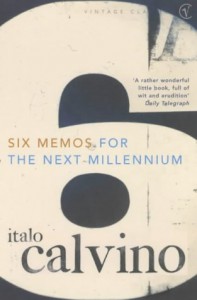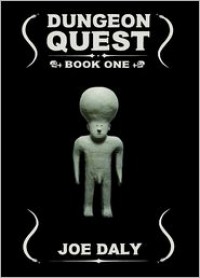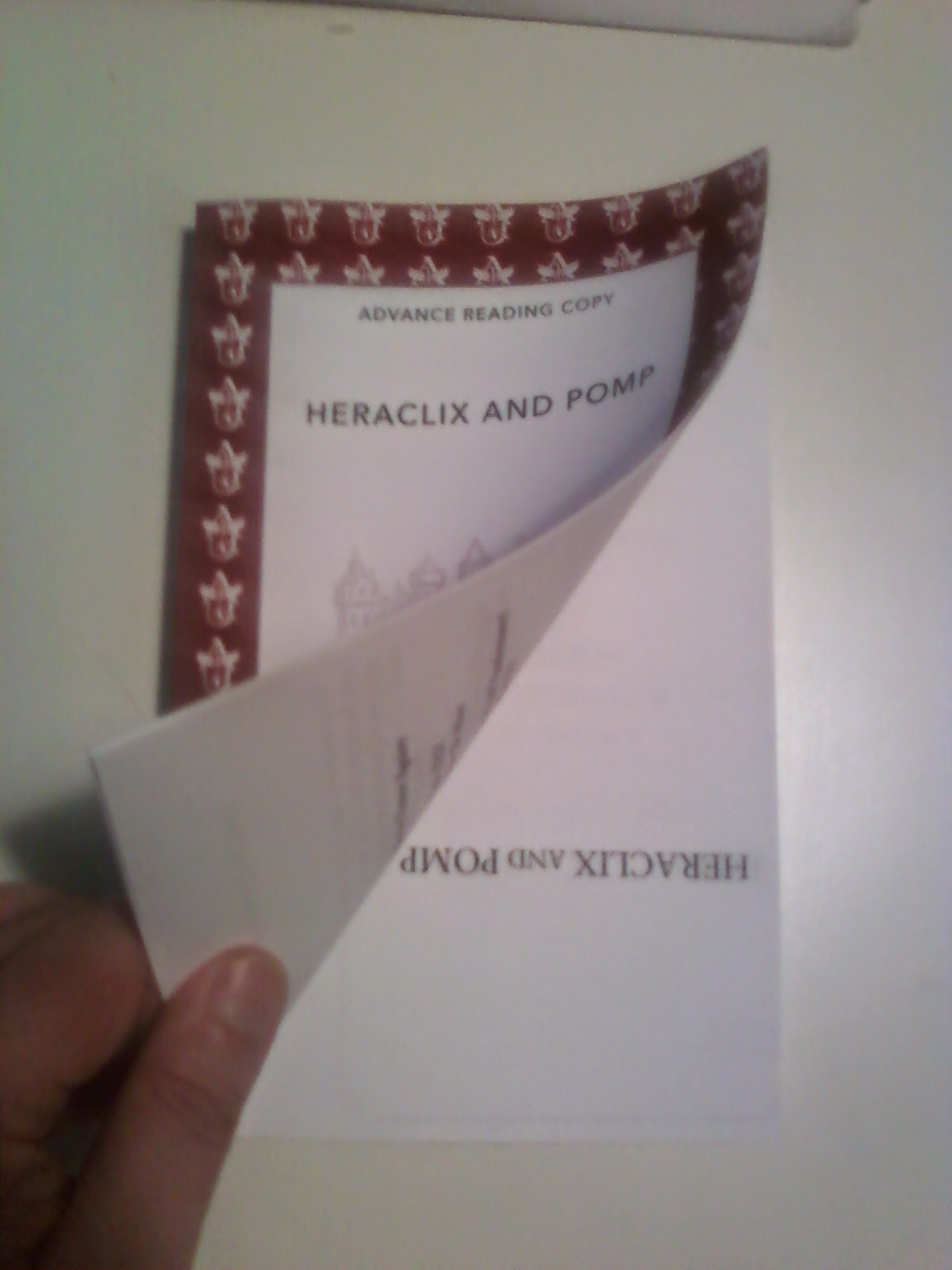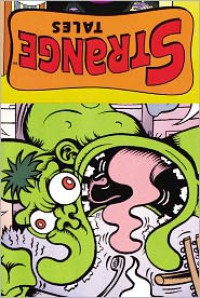Six Memos for the Next Millenium

Let's start with the fact that Italo Calvino is one of my favorite writers of all time. His crystalline surrealism, easy tone (at least in translation), and whimsical subjects (by which I mean situations and characters, inclusive) are, to me, compelling. To say that I went into this book with a favorable view of the author would be a gross understatement. I absolutely adore Calvino's work.
Now, I am also discovering that I don't really like many books about writing. Moorcock's Death is No Obstacle is, so far as I've read, the best book on writing out there. Calvino's Six Memos for the Next Millennium is a close second. A *very* close second.
What you won't find in this book are lessons on grammar, editorial tips, or the best way to market your book to the masses using obnoxious tactics like going on Goodreads and spamming members when you have not bothered to review more than a half dozen books or looked to see if said members share any kind of interest in books of your type whatsoever . . . sorry, was I using my outside voice when I said that? Silly me.
What you will find here is a peek behind Calvino's magic curtain. You will see that even his explanations about how he does his work are magical. You won't see the nuts and bolts of how Calvino mechanically goes about constructing his stories (though he is very methodical), but you will see a high-level treatise on Calvino's state of mind as he writes. This is a philosophical text cleverly disguised as a book about writing.
The book is divided into five sections. "Five?" you ask. "What happened to the sixth?" The sixth memo is "Consistency," lightly penciled into the handwritten table of contents provided by Calvino at the beginning of the book. In fact, it looks as if it had been written in, then erased, an irony that is as Calvino-esque as anything else I can think of.
The first memo, "Lightness," is the one thing that I struggle with the most as a writer. Here, Calvino is not talking about lightness as it relates to hue, but as it relates to mass. He gives the example from Boccaccio's Decameron, a story in which the Florentine poet Guido Cavalcanti is beset by some men who want to pick a (philosophical) fight with him in a graveyard.
Guido, seeing himself surrounded by them, answered quickly: "Gentlemen, you may say anything you wish to me in your own home." Then, resting his hand on one of the great tombs and being very nimble, he leaped over it and, landing on the other side, made off and rid himself of them.
Now, call me strange (it's true), but this is something I can sink my writerly teeth into. I can apply this principle of lightness, not because Calvino has given me specific instructions on how to do it, but because he has opened a window for me to stick my head out, look around, take stock of the landscape, and enjoy it. He's put me in the headspace I need to be in to integrate this principle of lightness into my writing.
And so it is with the remaining principles. Of "Quickness," Calvino states:
I am a Saturn who dreams of being a Mercury, and everything I write reflects these two impulses.
And, reading the context of this memo, I know exactly what he means and see that struggle in myself. In fact, this is my favorite quote about writing ever written. But can I take this down to the grammatical level and explain it to someone else? Hardly. I know in my bones what Calvino is saying, but explain it in figures and diagrams, I cannot.
In the section on "Exactitude," Calvino goes to some extent to explain how vagueness can only be properly described, with exactitude. In speaking of the evocative power of words and the importance of using them in the most exact way, he states:
The word connects the visible trace with the invisible thing, the absent thing, the thing that is desired or feared, like a frail emergency bridge flung over an abyss.
Again, a bit of intuition and reflection is required to really grasp what he is saying. Not because his statement is poorly written, but because this notion is an abstract concept. This "writing book," if one can assign such a banal descriptor to it, requires the reader to think!
Memo four, "Visibility," dwells on the imagination as the impetus for all creativity, particularly the visual imagination. While he acknowledges that literary work might arise from the hearing of a good turn of phrase or from an academic exercise, the majority of such creations arise from a visual cue in the writer's mind. Thus, the need to use exactitude to describe the visual seed of a story or book, which allows the reader to see into the mind of the writer, if but for a moment, and anchors the story in the reader's mind.
"Multiplicity" is the fifth and most inappropriately titled memo. I might have used the word "Nestedness" or even "Complexity" to give the reader a head start, but, hey, it wasn't my book to write. I do feel that this is the weakest section of the book (and Calvino acknowledges as much), as the decision to try to form an all-inclusive novel (meaning: including ALL), is really a question of writerly preference, rather than a universal principle which one ought to apply to writing a novel. Still, Calvino calls on the example of Borges and the Oulipo to demonstrate what is possible in a novel, eve if the pursuit of such a work might not always be advisable.
As a part of this fifth memo, Calvino states his vision of the aim of literature:
. . . the grand challenge for literature is to be capable of weaving together the various branches of knowledge, the various 'codes,' into a manifold and multifaceted vision of the world.
Unfortunately, Calvino did not live to see the new millennium. He would have been fascinated by the possibilities of hypertext, no doubt, and his memo on multiplicity dwells, in fact, on the need for more open-ended work with several possible endings, a multi-dimensional plot that reaches through various realities (a'la Borges' "The Garden of Forking Paths"), and gathers them into one text. He even goes so far as to call his experimental If on a winter's night a traveler a "hypernovel".
Perhaps, in another reality, Calvino is exploring the infinite possibilities of literature and will one day find his way back to teach us more, like some kind of literary Messiah. In the meantime, he has left Six Memos for the Next Millennium as a travel journal showing the direction he might have gone; inviting us to follow.
 2
2
 2
2







 1
1






.jpg)



